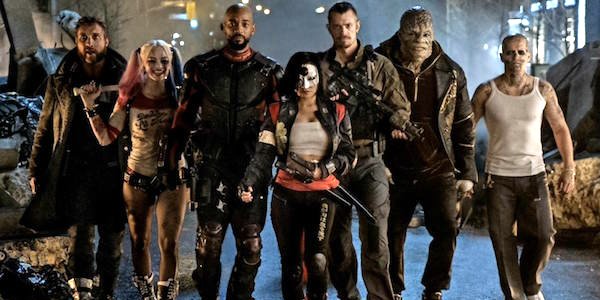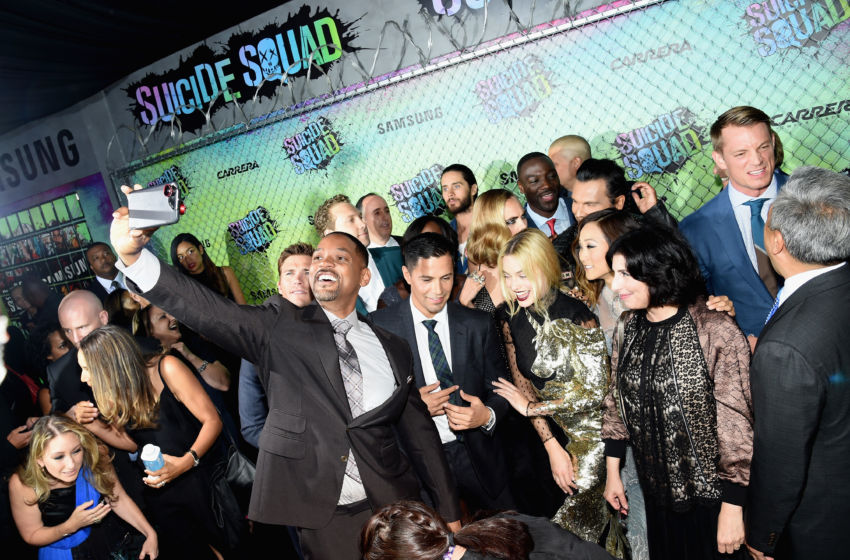I just released my latest short film Happy Never After this past week. Of all the films I’ve made in my
time filmmaking, this is the one that is most personal to me and of which I am
the most proud. It is the first where I
explored expressing my faith in film, and learned to grapple with far darker
material. I also wrote this story during my father’s illness and he passed away
when I was in post-production. So the
story’s theme—death—holds an added importance for me.
(Watch the movie here!)
It was also where I learned some of my best lessons about
how to make the kind of films I want to make: (SPOILERS BELOW.)
How Do You Express Faith in Film?
I made Happy Never
After to find a way to express how my faith shapes my view of death. I’ve
always struggled to express my faith in film. Why is it so hard? Because we
have very few good models to go off of. People think a faith movie means arguing
with the audience about what to believe. Usually in speeches that go on too
long.
Not that I'm talking about anything specific...
I wanted to, instead, invite
people to share in my experience of
joy at being a Christian. So I wrote my thoughts about death as an exciting
cosmic tale of good vs evil where you are drawn to root for a couple to choose
faith over the alternative. The villain has the main speech in the film, and
the “come-to-Jesus” moment is done with a simple look toward the cross.
How Do You Collaborate With Others?
The two biggest things I learned about collaborating was a) it
should be done early and thoroughly and b) you need to know what you are
willing to compromise on and what you’re not. Forest Erwin’s cinematography and
Kyle Trivanovich’s performance as Jacob Applegate were so amazing partly
because we spent so much time together getting on board with the same vision.
Pre-Planning is Important
 |
| One of the best shots by Forest and best performances by Kyle. |
Pre-Planning is Important
We did the entire film over three days with pretty much no budget. How? By lots of pre-planning by dedicated people. We had all the shooting days picked out and filmed all the scenes in close locations to each other. So everything to be filmed in the FiDi we filmed on the same day; everything at the church the same day, etc. There were screw ups, of course. But when there were, it was because we didn't pre-plan enough.
What About When Things Go Wrong?
I learned the best thing to do when things go wrong in
filmmaking is to keep calm, figure out what’s really important, and cut out the
rest.
One day we were filming in the park and some of the
equipment was late getting to us. It was so late that we knew we wouldn’t be able
to film everything before the actors needed to leave. So Forest and I cut down
drastically the number of shots we needed to take before they left. It was
rough, but we got the shots we needed to make the film work.
Everything Works Out
The biggest thing I learned filming this though was that God
is in control and everything works out. This is something you learn making
films for a while. For some reason, when everything goes wrong, things still
work out.
 |
| Comment by Forest: "I caught a barracuda thiiisss big." |
Before I finished the script for Happy Never After, most of my school’s filmmaking club—of which I
was president—dropped out. I had no crew so I was pretty sure the film couldn’t
be made.
But two coincidences happened that made the project possible:
My friend Hope Epperson (now Hope White) told me she still really wanted to be a part of the film. So she worked to get
her friends to be the actors. I had also just reconnected with Forest Erwin.
So, since Hope really wanted it to happen, I called up Forest to see if he wanted to be DP. And he said an enthusiastic "yes". If these two things didn’t happen, Happy Never After probably would not
have been made. And I wouldn't have had had the tribute to my father or the God that makes seeing him again possible.
The best films not only teach you about filmmaking, but also
about life. This film did more: it because one of the best parts of mine. Thank
you, everyone, who shared it with me and made it possible.
















